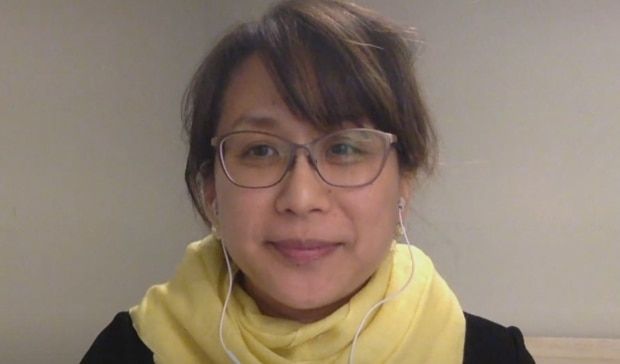
Eleanor Widdowson made a pointed call for transparency from the Saskatchewan government after her sister died from the novel coronavirus in March.
“Don’t hide shit.”
Saskatchewan refuses to reveal communities where COVID-19 has been detected unless there is an outbreak declared. Widdowson said that more knowledge might have protected her sister, who died after testing positive.
The province continues to gives case numbers broken up into six regions for the whole province.
There are discrepancies in how provincial governments are handling data release across Canada. There is no law that dictates how and when it should be released.
Last week, Toronto Public Health released COVID-19 case numbers for all of the city’s postal codes after public pressure. Public health officials in Alberta have identified cases in cities like Calgary by neighborhood.
“It’s actually a judgment, more of an ethical call, in determination,” Dr. Anne Huang, a former deputy medical health officer for Saskatchewan and Health Canada, said. She agreed individual privacy was of concern with a low case count, but said that argument no longer stands with Saskatchewan’s numbers.
Huang said the province should re-evaluate what information it shares. She said releasing case numbers by postal code, as was done in Toronto, wouldn’t work for Saskatchewan’s rural population, but suggested releasing the data in map form, showing the 38 Saskatchewan Health Authority (SHA) health network boundaries.
Huang said the boundaries were created “based on the pattern of how people access health services.”
“To reopen the economy safely and gradually, it means that we need to become better at identifying where the hot spots are,” she said. “The best way of illustrating where the hotspots of cases and transmission are, is by showing this data in the map format.”
‘There’s inequality in our society’
Some provinces, like Ontario, have held back data, citing fear of stigmatizing people living in communities with higher rates of COVID-19. Stigma has also come up in Saskatchewan.
“I think it’s an omission, an implicit omission by the government that they don’t want to face public criticisms of the underlying social and economic factors that contribute to the higher disease burden in these communities,” Huang said.
Huang said governments can use data to reduce stigma by educating the public and policy-makers. She said scientific evidence shows that social determinants of health — things like housing issues, low income and education — are linked to an increased risk of communicable or chronic disease like sexually transmitted infections or diabetes.
“You’re starting out at a disadvantage,” Huang said
She said stigma only happens if provincial leaders don’t address the link between social determinants and disease outcomes.
“We pull back the curtain of this inconvenient truth for the government that there’s inequality in our society,” she said. “And that disparity needs to be addressed.”
Saskatchewan’s far north region has had far more cases — more than 250 — than any other in the province. Many of them stemmed from an outbreak in La Loche. Five of the 11 people who have died after a positive diagnosis are from this area. Four others are from the north, but the province refuses to say where they lived.































